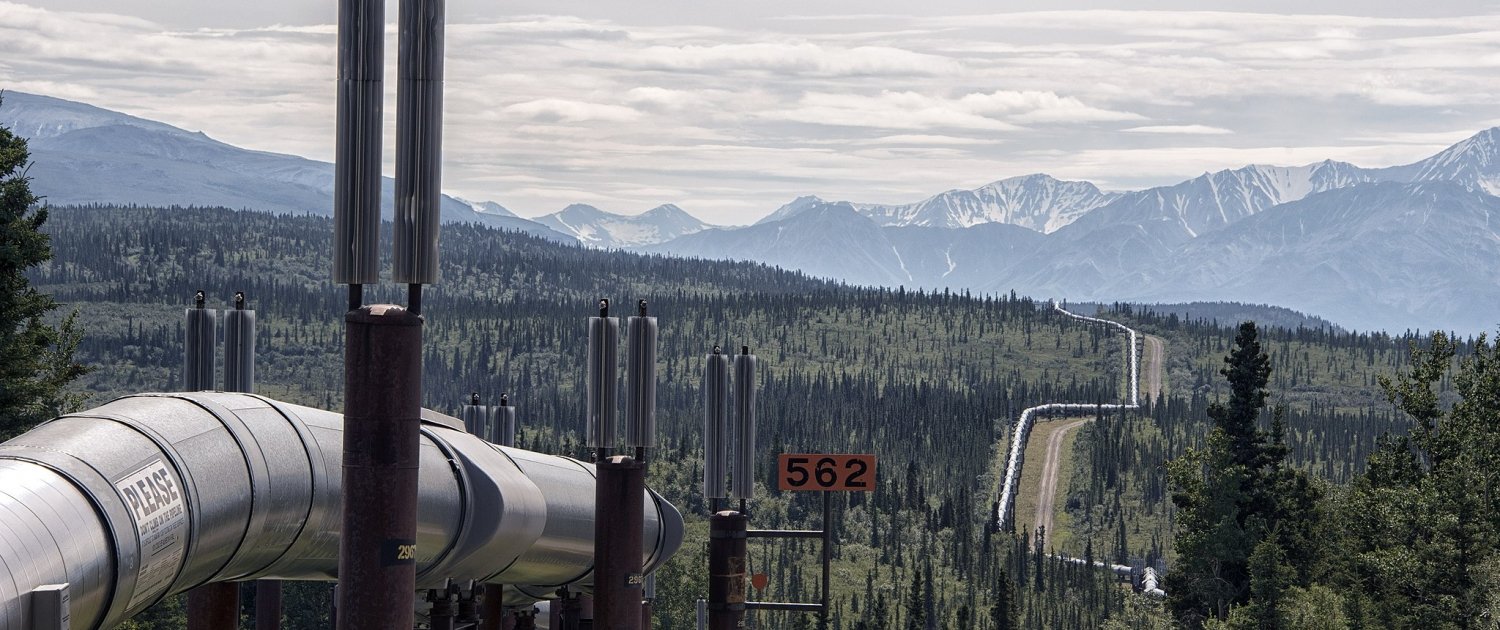What are the impacts of energy insecurity?
Energy insecurity leads to significant social, environmental and economic impacts.
What are the environmental impacts of energy insecurity?
Exploration of sensitive environments
As energy demand increases and availability decreases, exploitation in sensitive environments becomes more common. Examples include:
- Drilling for oil in Siberia and Alaska threatens the fragile polar and tundra ecosystems.
- Rainforest areas have been cleared in tropical areas to make way for biofuel.
- The construction of dams and reservoirs has flooded valleys, displacing thousands of people, destroying farmland, and destroying ecosystems. An example is the construction of the Three Gorges Dam project in China.
- The controversial construction of renewable energy such as wind and solar farms in popular upland areas such as the Scottish Highlands and the Lake District.
What are the economic impacts of energy insecurity?
When nations tap into energy resources in challenging or remote locations, the complexities of extraction lead to higher production costs, raising energy prices for consumers.
Food production
Modern large-scale farming relies heavily on energy for equipment such as irrigation systems, milking machines, feed mills, tractors, and combine harvesters. As a result, agriculture and food production are particularly sensitive to fluctuations in energy costs set by international suppliers. Higher energy prices can increase domestic food production costs, intensifying competition from overseas producers in countries with more stable energy supplies.
Industrial output
Energy insecurity and fluctuating prices can affect industrial output, causing prices to increase with growing uncertainty. Therefore, companies based in countries experiencing energy insecurity face considerable challenges in competing with those in countries with energy security, reducing economic output in NEEs.
What are the impacts of energy insecurity on people?
Energy insecurity affects people in various ways, including:
- Increased living costs: Higher energy prices lead to a rise in the cost of living, making it more expensive to run homes, purchase food, manufacture goods, and travel.
- Job risks: Reduced sales of goods and services due to higher prices may result in job losses as businesses cut staff to manage declining revenues.
- Disruptions from power cuts: Power outages cause inconvenience by depriving people of essential services like lighting, heating, and electrical appliances.
Conflict
Industrial production is particularly vulnerable to the challenges posed by energy insecurity. Industries risk losing competitiveness to international rivals, leading to reduced production levels and job losses. Beyond increasing production costs and raising consumer prices, energy insecurity may result in unreliable energy supplies, causing power outages and the need for rationing.
Growing energy insecurity could also lead to various forms of conflict:
- Competition among energy users: Key energy consumers, including households, agriculture, industry, and transport, may compete for limited energy resources, driving up prices. In the UK, agriculture and low-income households are likely to be disproportionately affected.
- Conflict between domestic and imported goods: Domestic industries may struggle to compete with imports from countries with lower energy costs. For instance, Chinese manufacturing benefits from significantly cheaper energy compared to Europe and lower labour costs, allowing their goods to dominate in price competitiveness.
- International disputes over energy supplies: Countries with abundant energy resources may find themselves in conflict with those lacking them. For example, Argentina’s claim over the UK-governed Falkland Islands is thought to relate to the untapped oil and gas reserves in its territorial waters.
Energy transport routes also present potential flashpoints. The Strait of Hormuz, a critical passage between Iran and the United Arab Emirates, handles around 25% of the world’s oil supply. In 2019, sabotage attacks on oil tankers in the region, attributed to Iran as a response to U.S. sanctions on its oil exports, highlighted how energy security can escalate geopolitical tensions.
Related Topics
Use the images below to explore related GeoTopics.



